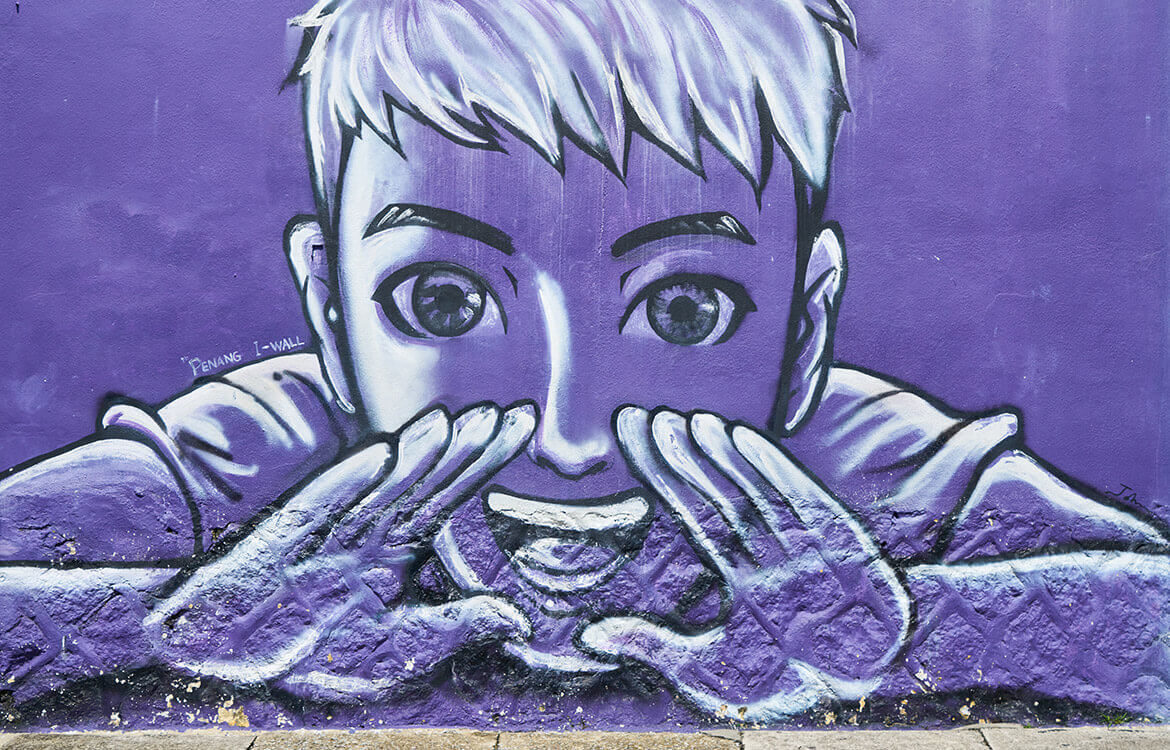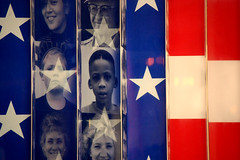
Jocelyne Cameau, an Obama supporter, at a Haitians for Obama event in Delray Beach.
This story is by Macollvie Jean-François, a Haitian-American news reporter with the Sun Sentinel in Fort Lauderdale.
On a recent Thursday night at a Haitian restaurant near Fort Lauderdale, Karl Heintz held court at a table where he sat with a half dozen other Haitian men. Over a heap of bronzed chicken and mounds of rice and beans, Heintz, a 36-year-old small-business owner, gave a 15-minute synopsis of the presidential race and the candidates that would rival that of any cable news network political analyst. He went from Barack Obama’s 2004 speech at the Democratic National Convention to Sarah Palin’s interview with Charles Gibson.
About a week later at the Palm Beach County Civic Center in Delray Beach, about 80 Haitian-Americans assembled for a Haitians for Obama rally. When a few people pulled out checkbooks to donate, Frantz Richard, 54, persuaded them to do it online instead. He keyed in their credit card and other personal information on the laptop right there at the reception area.
Excitement over Obama’s candidacy and disenchantment with the Bush administration have combined to push Heintz, Richard and other Haitians to actively campaign this year. Heintz said he’s not part of any formal groups, but he stays informed, has made nearly $500 in campaign contributions over several months, and he understands how close the election could be. (The 537 votes that cost Gore Florida in 2000 are becoming something close to a mantra, with many people alluding to them in cautionary tones.)
Haitian-American users on Facebook and MySpace, meanwhile, have been circulating information about the candidates for months.
Within this mostly-Democratic voting bloc, most of the campaign events in South Florida are pro-Obama. Most Haitian-Americans support the Democrat unabashedly, citing his inspiring success in America as a black man with a “hyphenated identity.” His migration experience and his exposure to world cultures resonate with them as immigrants.
On the other hand, efforts supporting the Democratic ticket seem belated and less visible than during previous elections, for a variety of reasons— the online outreach option being one. Four years ago, you couldn’t drive two blocks in the traditional Haitian enclaves without seeing a storefront window plastered with red-white-blue campaign posters. However, quite a few Haitians for Obama groups have emerged since Hillary Clinton’s concession and the DNC. They’re now hosting fundraising events, handing our car stickers, and sporting t-shirts bearing Obama’s face with his “Yes, We Can” slogan in Creole: “Wi, Nou Kapab.”
(more…)









